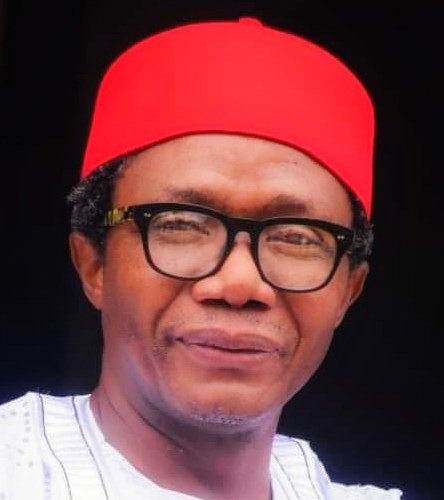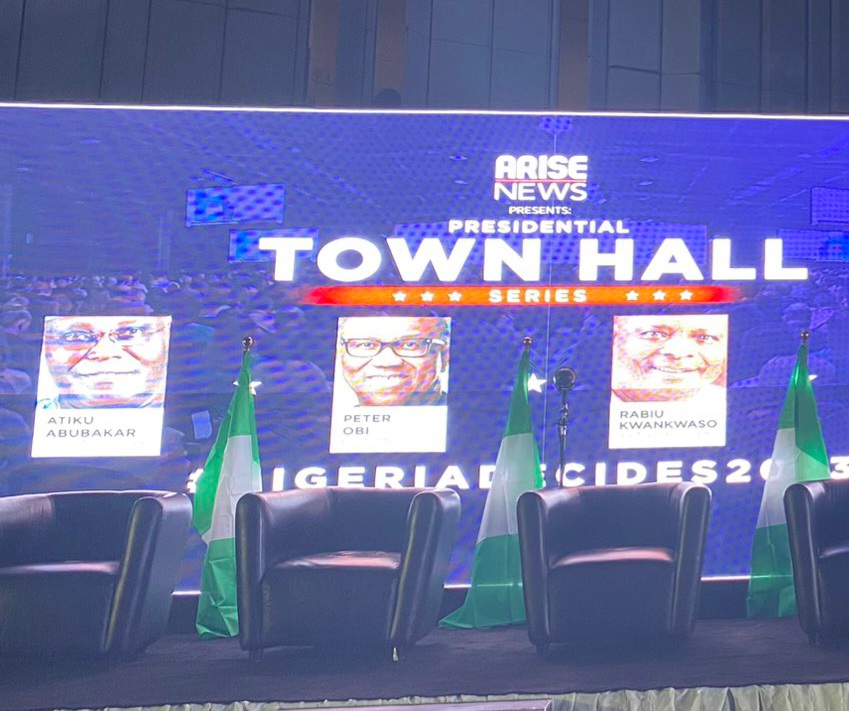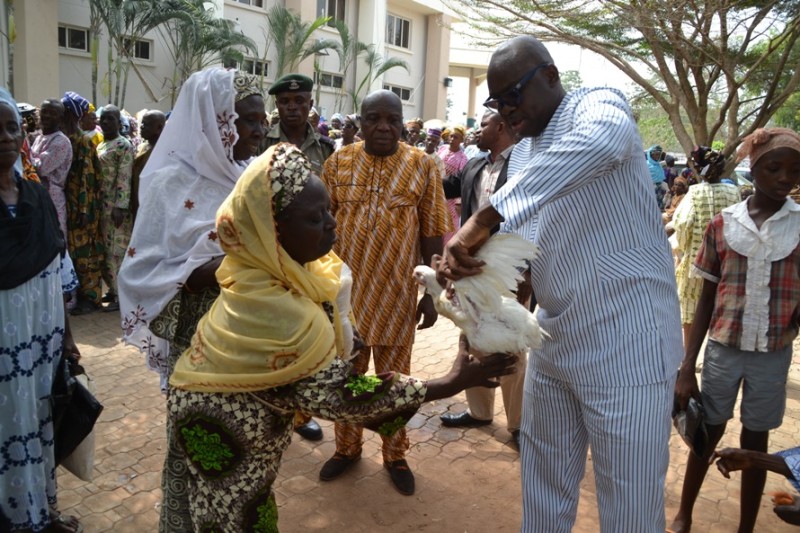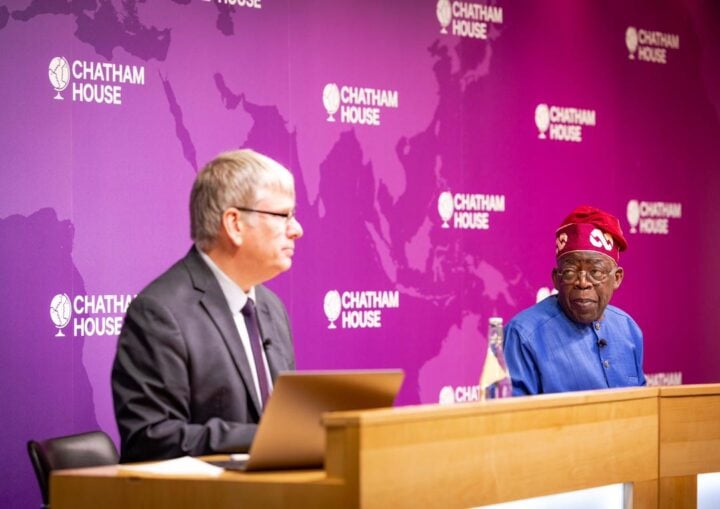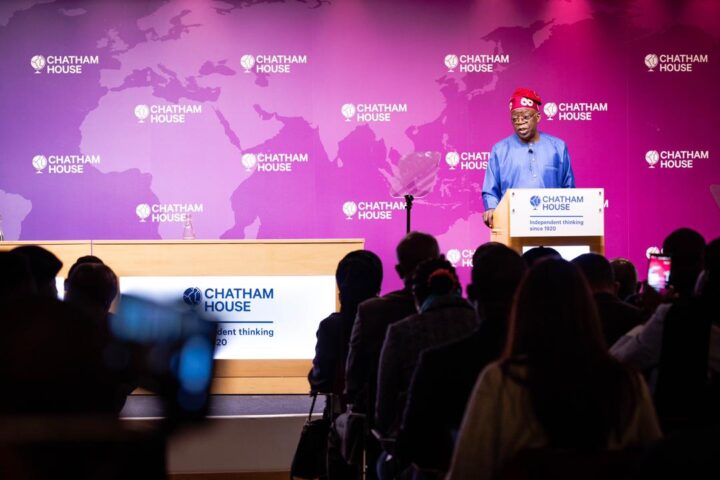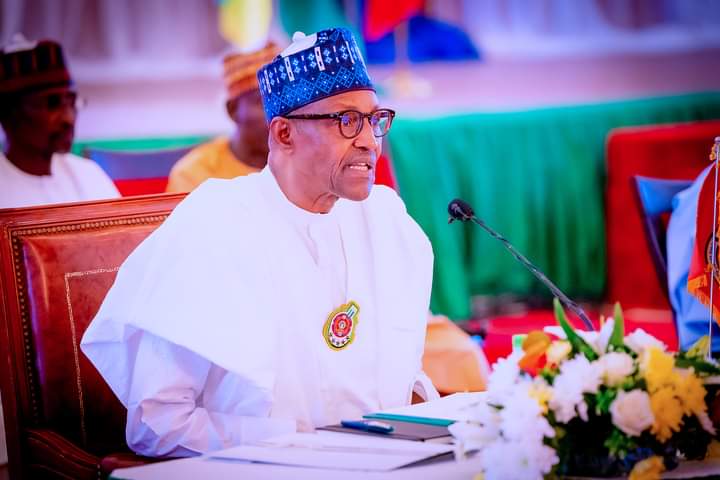Generally, a manifesto is a declaration of the intentions and views of the issuer, who could be an individual, group, political party, or government over a policy direction to pursue if given the chance. A good manifesto usually accepts a previous popular opinion or public consensus or promotes a new idea with prescriptive notions for carrying out changes the author believes are necessary. It is all about the individual’s convictions on issues of policy. The manifesto is as important as the creed of religion.
With these operational definitions and postulations, one can easily see there is something fundamentally wrong with the manifestos of the leading Presidential candidates from the south divide of the country, namely Bola Ahmed Tinubu and Peter Obi. They are silent on the burning issue of restructuring, which South Nigeria has canvassed for over a decade. In canvassing for restructuring of Nigeria to restore it into a truly federal polity from its current unitary status, the apex socio-cultural organizations in Nigeria and countless NGOs have been at the forefront. Afenifere, Ohanaeze, PANDEF, and Middle Belt Forum have separately and jointly made a case for restructuring and were and were all present during the 2018 Awka Declaration on Restructuring by Ndigbo in Nigeria.
Based on such agitations and urgency for restructuring the polity, various regimes set up one body or the other to tease out the specifics and guide the respective governments on the subject matter. The last was the National Conference convoked in 2014 by President Goodluck Jonathan (as he then was). The APC government also set up the El-Rufai Committee on restructuring in response to the growing clamor for it, essentially coming from southern Nigeria and north central. Why then are leading south Nigeria presidential candidates not making an issue, leaving Atiku Abubakar as the only talking about it?
The manifestoes of the candidates are out and restructuring is conspicuously missing in the manifestoes of Tinubu and Peter Obi and where they mentioned restructuring at all in their explanatory notes it is either in passing or connotes a different thing or dealing with fringe issues on restructuring. Tinubu and Obi are simply not interested in restructuring or are too scared to talk about it. They rather dwelt extensively on administrative reforms, which is like treating cancer with medicine meant for eczema.
Advertisement
Tinubu’s priorities according to his manifesto are: On Economy – to build an efficient, fast-growing, and well-diversified emerging economy; Agriculture and Food Security: Renewed focus on Agriculture and food security; Infrastructure: Build a new Nigeria and develop a national infrastructure plan; Oil, Gas and Solid Minerals : his administration to undertake a comprehensive reform of the oil & gas sector; Healthcare: administration to focus on improving the nation’s health care; Tackling Poverty: to provide for all Nigerians the basic needs of life; To support for micro and small businesses; Housing: administration to embarking on a mass housing strategy; To keep Nigerians safe – secured security of life and property; Budget, Fiscal Policy, and Revenue Generation to be topnotch to fight wastefulness, corruption, and inefficiency in public service delivery; Right-sizing of government; and to ensure rule of law.
Even though he mentioned he would give concessions to LGs and States, Tinubu’s manifesto, does not make restructuring the polity an issue. Under Tinubu unitary Nigeria is assured with a few palliative administrative reforms.
On their declaration of commitment to a better Nigeria, the Obi/Datti manifesto titled ‘Our Pact with Nigerians: Creating a New Nigeria’, pledges to offer honest and competent leadership to deliver on seven priorities, namely: To secure Nigeria, end banditry and insurgency; and unite our dear nation, to manage our diversity such that no one is left behind; Shift emphasis from consumption to production by running a production-centered economy that is driven by an agrarian revolution and export-oriented industrialization; Restructure the polity through effective legal and institutional reforms to entrench the rule of law, aggressively fight corruption, reduce the cost of governance, and establish an honest and efficient civil service; Leapfrogging Nigeria into the 4th Industrial Revolution (4IR), through the application of scientific and technological innovations to create a digital economy.; Build expansive and world-class infrastructure for efficient power supply, rail, road and air transportation, and pipeline network, through integrated public-private partnerships, and entrepreneurial public sector governance; Enhance the human capital of Nigerian youth for productivity and global competitiveness through investment in world-class scholarship and research, quality healthcare, and entrepreneurship education; and (to) Conduct an afro-centric diplomacy that protects the rights of Nigerian citizens abroad and advance the economic interests of Nigerians and Nigerian businesses in a changing world.
Advertisement
The mention of restructuring in the Obi/Datti manifesto has a different aim/meaning from the devolution of powers, and where restructuring applies in the entire manifesto is where the multilayer policing was mentioned in passing and tucked away somewhere.
Compared to the Atiku/Okowa manifesto a startling difference emerges. The Atiku/Okowa seeks to pursue a 5-point agenda: The policy document tagged, ‘My Covenant with Nigerians,’ is an update on the Atiku/Obi 2019 manifesto. On restructuring and the urgent need to devolve power to states and local government and making restructuring one of its cardinal agendas, Atiku/Okowa manifesto notes: “Nigeria has continued to operate a faulty, complex federal structure with a high degree of centralization at the centre… We must adopt a new economic management model that will cure all the federating units of this addiction to oil revenues… establish a new political structure that reinforces the concept of ‘true federalism’ by conceding unfettered autonomy to the subordinating units. ”
One is therefore tempted to ask: Is restructuring important to the south only when the north is in power? Many suggest that southern presidential candidates shy away from the restructuring conversation afraid it might hurt the core north and rob them of their votes. But even before their presidential ambitions became obvious, Tinubu and Obi have never really canvassed restructuring as a solution to the nation’s myriad of problems. The danger is, since they have never canvassed restructuring, how are Nigerians sure they will pursue it as policy as presidents, with all the pushbacks likely to come from the same quarter they fear today?
This question is now germane given the nation’s recent experience. There is something fundamentally wrong with southern political leaders in their transactional approach to nation-building and presenting and representing the strategic interest of their people. They will cry restructuring when the north is in power and do nothing when given the opportunity. Olusegun Obasanjo spent eight years of his tenure as president of Nigeria fighting all attempts to restructure via alteration of the 1999 Constitution. The last attempt by NASS under Ken Nnamani as Senate president was also killed by Obasanjo’s interest in the 3rd term, which was inserted into it by his cronies.
Advertisement
Dr Goodluck Jonathan also did nothing about restructuring. Even his 2014 Confab report was also abandoned despite the over 600 recommendations contained therein that would have fundamentally changed Nigeria. More than half of the said Confab recommendations did not require constitutional amendments. Yet Jonathan did nothing despite the one-year residue of his tenure still available to him by the time the report was submitted.
More importantly, why are southern Nigeria leaders not insisting that the leading presidential candidates from their part of the country make restructuring an issue? Should the clamour for restructuring wait until yet another president is sworn in?
Mefor, a Forensic/Social Psychologist, is a Fellow of The Abuja School of Social and Political Thought and can be reached via Tel.+234- 913-033-5723; Twitter: @DrLawMefor; email: [email protected].
Advertisement
Views expressed by contributors are strictly personal and not of TheCable.
Add a comment
